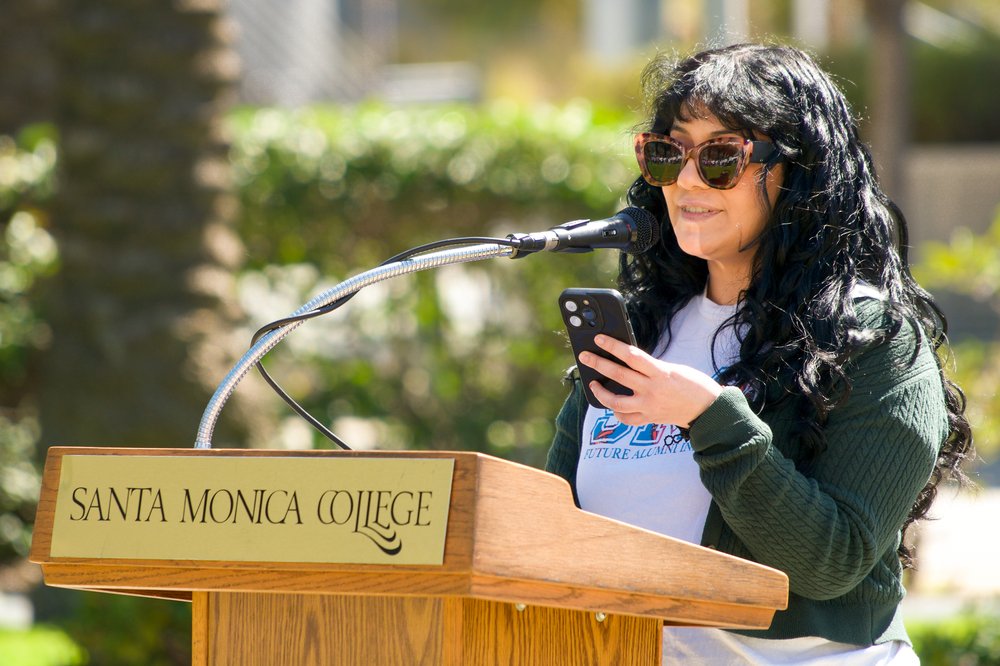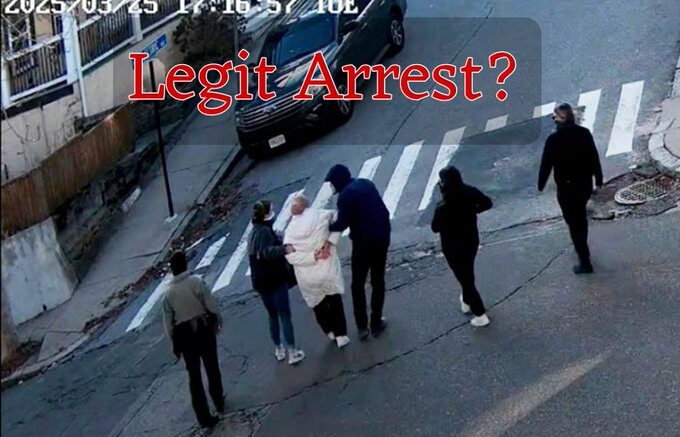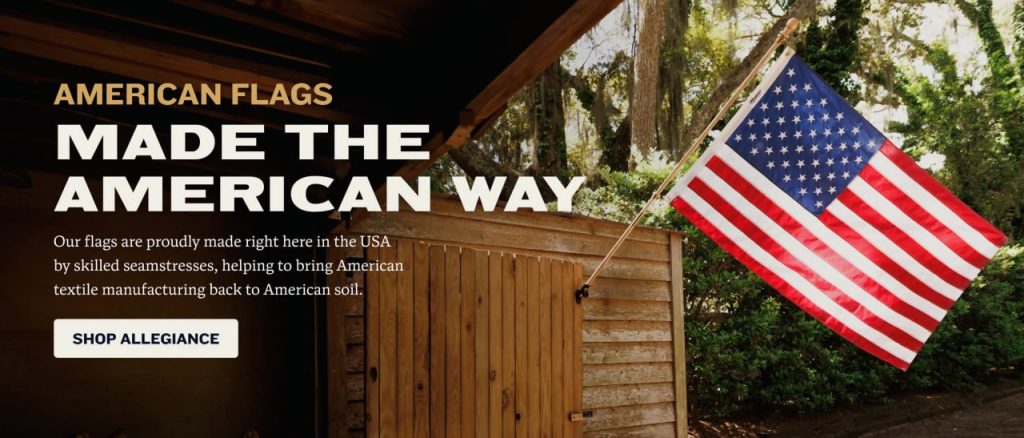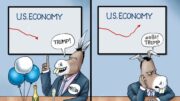Recently, Rumeysa Ozturk, a woman on an H1 visa, protested America’s alleged support for a foreign terrorist group, igniting debate over her freedom of speech. This bold act raises questions about whether such expression is protected for non-citizens in the U.S. The incident has sparked critical legal and constitutional discussions. The First Amendment safeguards speech, but does it fully extend to visa holders in cases like this? Additionally, what laws, if any, might she have violated? This article delves into these complexities, balancing constitutional rights with immigration law.

The First Amendment guarantees freedom of speech to everyone in the U.S., including non-citizens. Courts have consistently ruled that legal residents, like H1 visa holders, enjoy these protections. For instance, in Bridges v. Wixon (1945), the Supreme Court affirmed that aliens residing lawfully in the U.S. have First Amendment rights. However, this isn’t absolute. Speech inciting violence or providing material support to terrorists—such as fundraising—isn’t protected. Protesting U.S. policy, though, typically falls within legal bounds unless it crosses these lines. Learn more about First Amendment rights here.

Freedom of Speech Limits for H1 Visa Holders
Despite these protections, H1 visa holders face unique risks. The Immigration and Nationality Act (INA) allows visa revocation if someone’s actions are deemed contrary to U.S. interests. For example, Section 212(a)(3) of the INA bars entry or permits deportation for those who “endorse or espouse” terrorist activity. If her protest explicitly supported a terrorist group, authorities could argue it violates this statute. Yet, peacefully criticizing U.S. policy is generally safe. The line blurs when rhetoric escalates. See INA details.
Additionally, recent cases complicate the picture. In March 2025, Mahmoud Khalil, a green card holder, faced deportation for leading pro-Palestinian protests allegedly tied to Hamas. While his status differs from an H1 visa, the case signals a stricter stance under the current administration. Visa holders risk scrutiny, especially with AI monitoring social media for “anti-American” sentiment. Nevertheless, constitutional scholars argue that revoking visas solely for speech often violates the First Amendment.
Who’s Right and What Laws Were Broken?
So, who’s right? Legally, she’s likely protected if her protest was peaceful and didn’t aid terrorists directly. Critics might claim she’s wrong morally or politically, but that’s subjective. Constitutionally, her speech aligns with First Amendment precedent unless evidence shows otherwise. As for laws broken, none are clear without specifics. If she only voiced dissent, she’s in the clear. However, if she fundraised for a banned group, she could face charges under 18 U.S.C. § 2339B, which prohibits material support to terrorists.
Transitioning to the broader context, immigration status doesn’t strip away rights, but it adds consequences. Arrests, even without conviction, can derail visa renewals or green card applications. Thus, while she may be legally right, practical risks loom large for non-citizens exercising free speech.
Conclusion: A Fragile Balance
In conclusion, freedom of speech protects H1 visa holders protesting U.S. policy, barring extreme circumstances. The Constitution stands firm, yet immigration laws create a tightrope. She likely broke no laws if her actions stayed peaceful, but the government’s latitude in visa matters remains a wildcard. Ultimately, this case underscores the tension between rights and status. What happens if policies tighten further? That’s a question worth pondering as America navigates free expression in a globalized world.
Like this article?
Share a coffee: https://buymeacoffee.com/criordan
Follow me on X: @CRiordan2024
Next Article from Clara: Can You Really Escape Debt? This Bold New Trend Says Yes—and It’s Spreading Fast







EXCELLENT PIECE!!!
Thank you! This is a hot topic right now. As a first-generation American, I can’t imagine protesting with a foreign flag—not the one of the country that sustains me. I don’t believe our Founding Fathers included Freedom of Speech in the Bill of Rights for foreigners to arrive and debate their home countries’ issues. Depending on where they got their visas, the same protest in their nation of origin could face harsh government or humanitarian consequences.